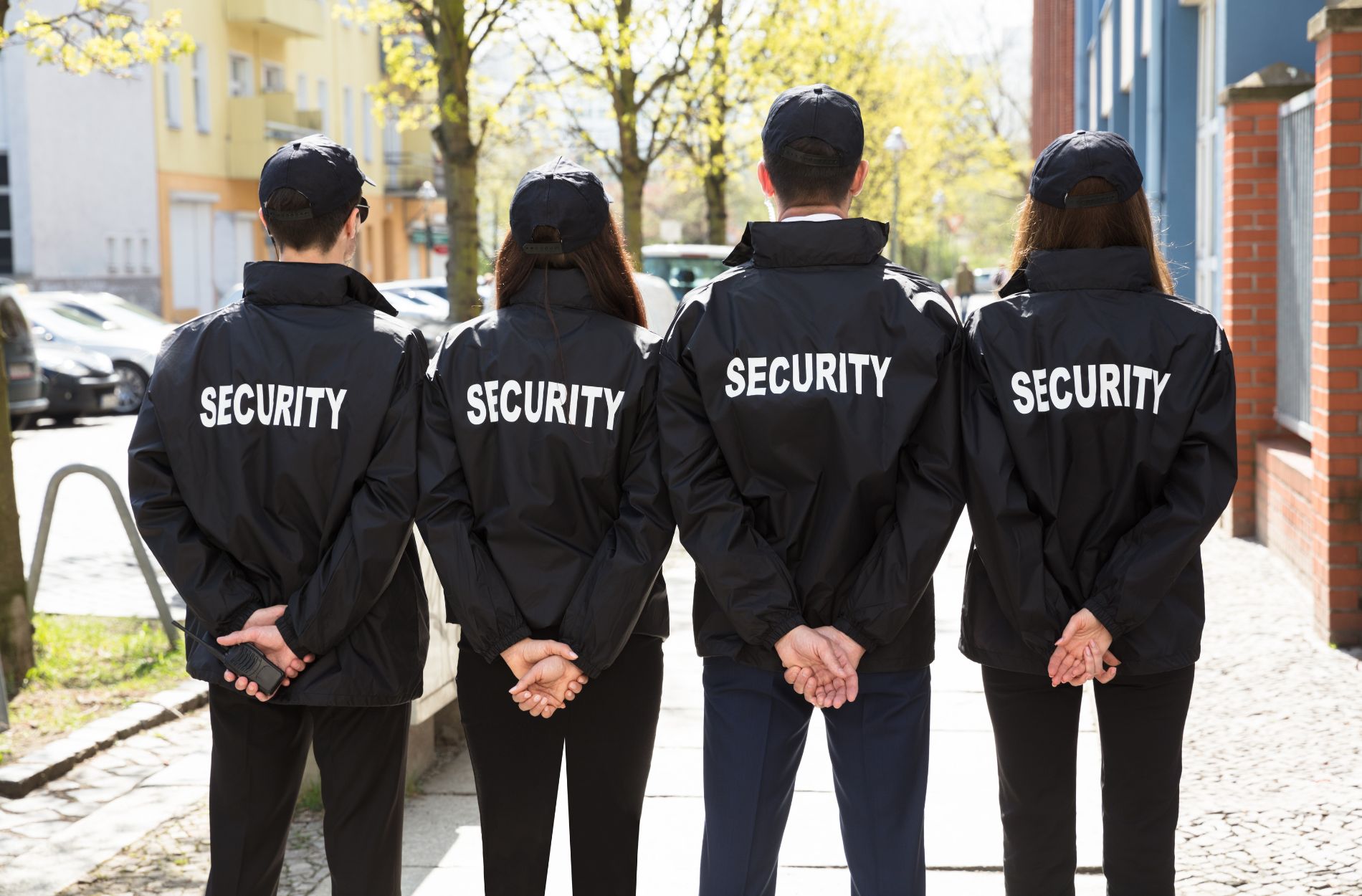People often ask if doing a close protection course is worth the investment. Close protection, also known as bodyguard training, prepares individuals to protect VIPs, celebrities, and other high-risk individuals from danger. This field demands rigorous training to ensure that professionals are well-equipped to handle a variety of security challenges.
Understanding what a close protection course covers and the benefits it offers can help you decide if it’s the right path for you. These courses offer a comprehensive education, from learning physical security techniques to understanding risk assessment. They can also provide a sense of accomplishment and open doors to various high-profile job opportunities.
This article explores what a close protection course entails, its benefits, potential career opportunities, and answers to frequently asked questions. By the end, you’ll have a clear picture of whether this training is a worthwhile investment for you.
What Does a Close Protection Course Entail?
A close protection course trains people to become professional bodyguards. These courses cover many important skills needed to keep clients safe. Training typically includes learning about risk assessment, defensive techniques, surveillance, and first aid. It’s essential to understand these areas because they form the core of a bodyguard’s duties.
Physical training plays a big role in these courses. You will learn how to defend a client against various threats, including physical attacks. Physical fitness is also crucial, as you must be in good shape to perform well in high-stress situations. In addition to these physical skills, you’ll study communication tactics to manage different scenarios effectively and calmly.
Practical scenarios and role-playing exercises are used to provide hands-on experience. These exercises mimic real-life situations you might face at work. They teach you to react quickly and make smart decisions under pressure. The combination of classroom learning and practical exercises ensures that, by the end of the course, you are well-prepared for the responsibilities of close protection work.
Benefits of Completing a Close Protection Course
Completing a close protection course offers many benefits. First, it provides specialised knowledge and skills crucial for the role. This special training makes you a better candidate for high-level security jobs. You’ll know how to perform risk assessments and respond to emergencies, which is valuable in any security role.
Another benefit is increased job opportunities. A close protection course enhances your resume, making you more attractive to potential employers. The security industry values the skills and knowledge gained from these courses. Completing the course can open doors to various roles, not just in close protection but also in other security-related fields.
Training also builds confidence and professionalism. Knowing you have the skills to protect someone effectively can boost your morale and readiness for the job. This confidence is essential when facing dangerous or high-pressure situations. Overall, the course aims to make you a well-rounded, capable professional ready to tackle the challenges of close protection work.
Additional benefits may include networking opportunities. Meeting other professionals during your training can provide valuable connections within the industry. These connections can help you find job opportunities and learn from the experiences of others. The sense of community and support can be a significant advantage as you start your career in close protection.
Career Opportunities After Close Protection Training
After completing a close protection course, many career opportunities become available. You can work for private security firms, government agencies, or as an independent contractor. Jobs range from personal bodyguard to security consultant, protecting high-profile clients, celebrities, and corporate executives.
Many graduates find employment with specialised security companies. These firms offer services to various clients, including politicians, business executives, and celebrities. Working with such companies provides valuable experience and opens networking opportunities within the industry. It’s a great way to gain practical knowledge and build a strong professional reputation.
International roles are another option. Some close protection professionals work overseas, providing security in high-risk areas. These roles often come with higher pay but require additional training and certifications. Nonetheless, the skills learned in a close protection course form a solid foundation for such advanced roles. Working internationally can be exciting and rewarding, offering unique challenges and experiences.
You can also explore roles in event security, film and television production, and executive protection. These areas demand precision and expertise, making your specialised training incredibly valuable. Additionally, ongoing professional development and certifications can further enhance your career prospects, enabling you to take on even more specialised roles.
FAQs About Close Protection Courses
1. What is the duration of a close protection course?
A close protection course usually lasts two to four weeks. Some advanced courses, offering more in-depth training, may last longer.
2. How much does a close protection course cost?
The cost typically ranges from £1,000 to £3,000, depending on the provider and the course length. Additional costs may include equipment and certification fees.
3. Are there any prerequisites for enrolling in a close protection course?
Most courses require you to be physically fit and have a clean criminal record. Some may also require first aid certification.
4. What skills will I learn in a close protection course?
You will learn risk assessment, defensive techniques, surveillance, and first aid. Courses also cover communication tactics and practical scenarios.
5. Can I work internationally after completing the course?
Yes, many close protection professionals work internationally. Some roles may require additional certifications and specialised training for work in high-risk areas.
6. Is certification necessary after completing the course?
While only sometimes mandatory, certification can enhance your employability and credibility. It’s advisable to check employer requirements and consider obtaining certification.
Conclusion
Deciding whether to take a close protection course is a big decision that requires many factors to consider. You will gain valuable skills that make you a stronger candidate for high-level security roles. These courses offer comprehensive training in risk assessment, defensive techniques, and practical scenarios. The skills acquired can boost your confidence and professionalism, making you well-prepared for the challenging world of close protection.
The career opportunities following a close protection course are diverse. Whether you choose to work for a specialised security firm, a government agency, or as an independent contractor, the training provides a solid foundation. Jobs in private security, international assignments, and event security are all possibilities. The additional benefits of networking and industry connections can further enhance your career prospects.
At CR Training, we understand the importance of choosing the right training programme. Our goal is to provide clear, comprehensive information to help you make an informed decision. Visit our website to explore our course offerings and take the first step toward a rewarding career in close protection. Your future in security starts here with our close protection courses!




